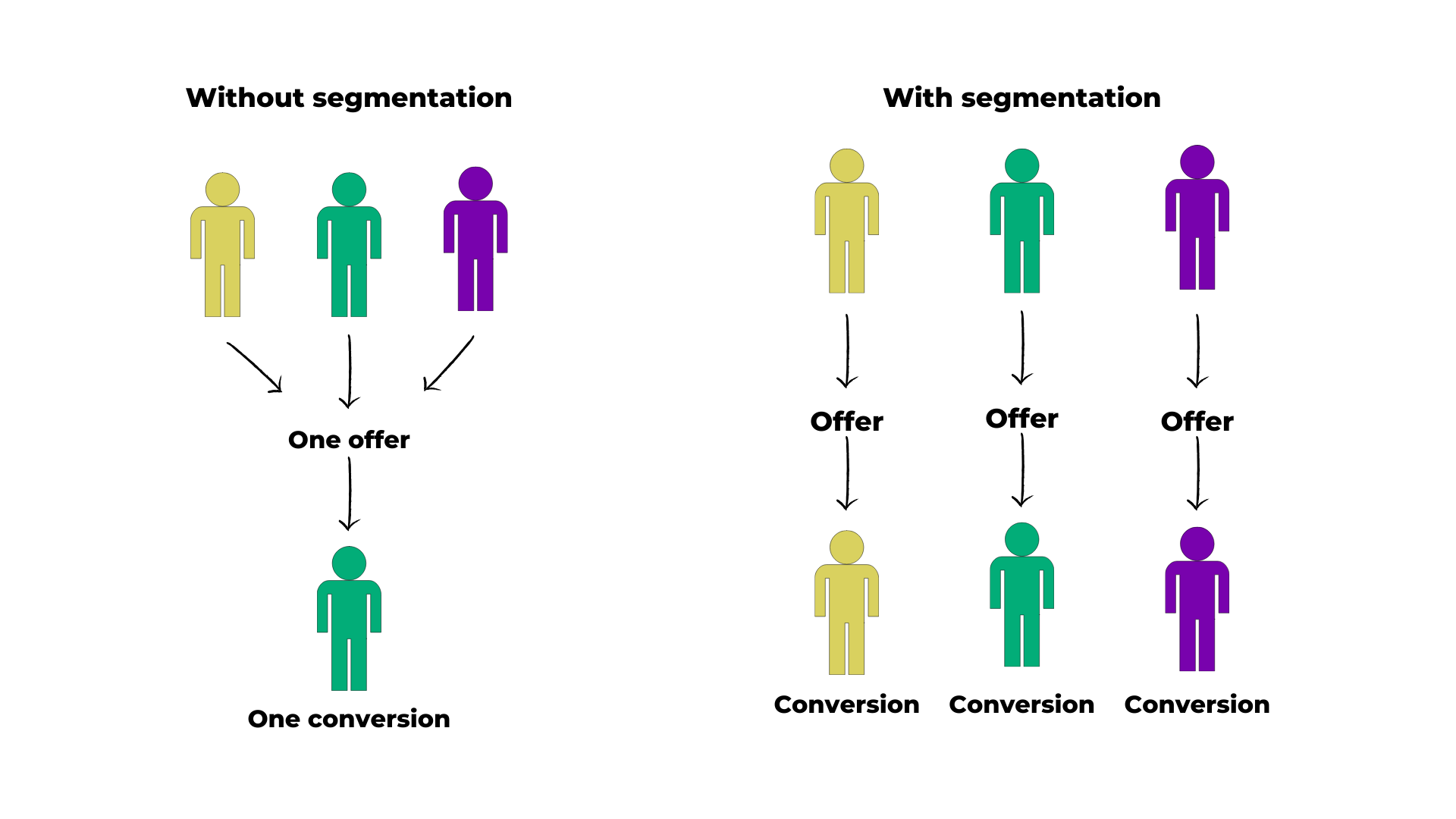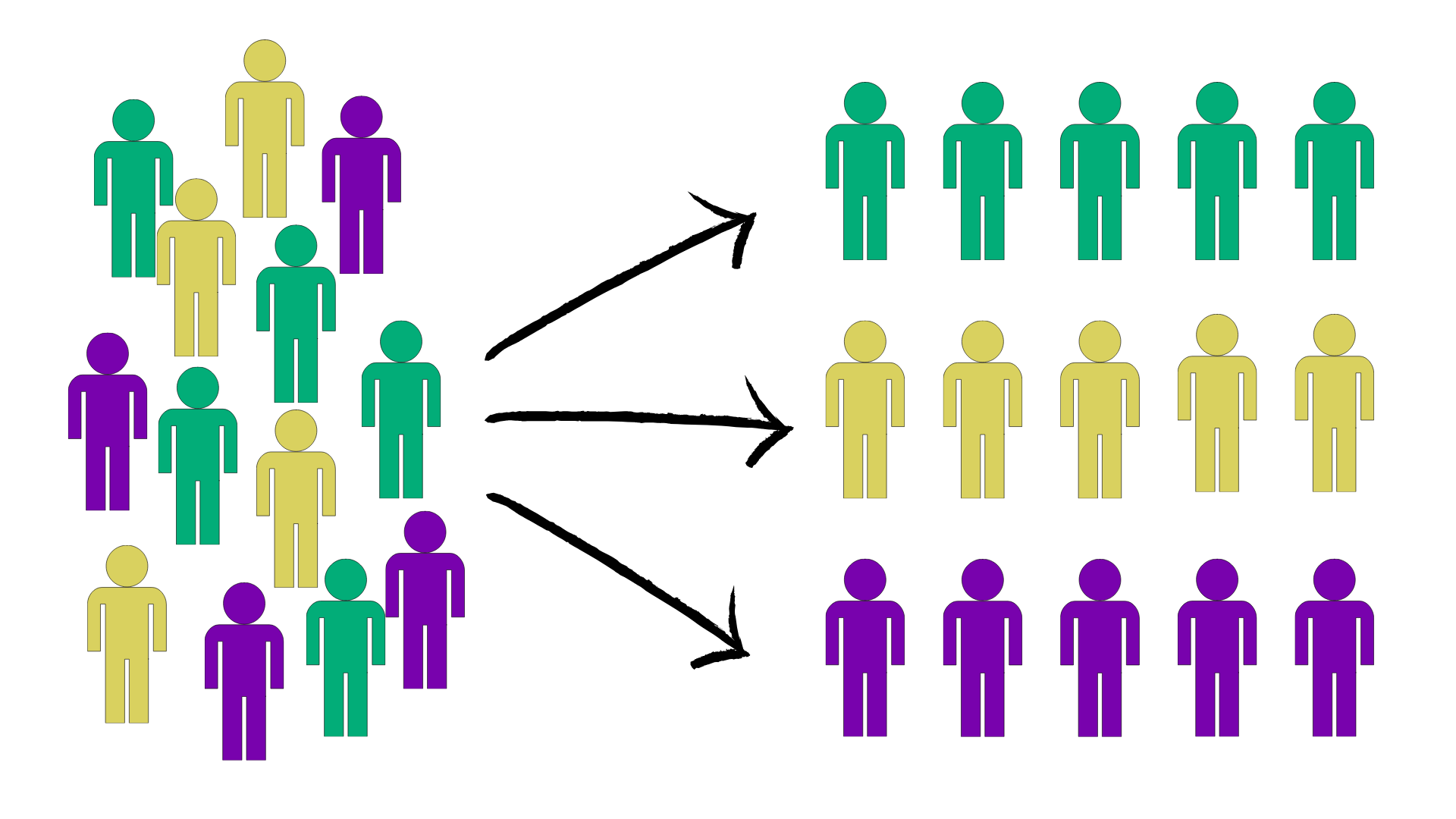Discover how personalizing marketing automation can lead to success in the real estate industry.
Understanding the Importance of Personalization in Real Estate Marketing
In the competitive real estate industry, personalized marketing is one of the critical factors of success. Tailoring your marketing efforts to individual prospects creates a more meaningful and engaging experience for your audience. Personalization allows you to address potential buyers' and sellers' unique needs and preferences, making your marketing messages more relevant and compelling.
One key aspect of personalization in real estate marketing is understanding the importance of targeting specific audience segments. You can identify different buyer personas and tailor your marketing materials by analyzing data and demographics. This targeted approach ensures that your messages resonate with the right people at the right time, increasing the chances of conversion.
Moreover, personalization helps build trust and credibility with your audience. When prospects receive personalized content that aligns with their interests and preferences, they are more likely to perceive your brand as knowledgeable and trustworthy. This can result in stronger relationships and increased customer loyalty in the long run.
Overall, understanding the importance of personalization in real estate marketing is crucial for achieving success in a competitive market. By tailoring your marketing efforts to individual prospects, you can create a more engaging and effective experience that resonates with your target audience.
Implementing Personalized Email Campaigns for Targeted Leads
Email marketing is a powerful tool in the real estate industry. Personalized email campaigns can significantly enhance lead-generation efforts. By using automation technology, you can create customized email sequences that cater to your leads' unique needs and interests.
When implementing personalized email campaigns, it's essential to segment your leads based on various criteria such as location, budget, and preferences. This segmentation allows you to send targeted messages to specific groups, increasing the relevance and effectiveness of your emails. Additionally, you can use dynamic content within your emails to further personalize the experience. By displaying relevant property listings, market trends, or personalized recommendations, you can capture the attention of your leads and encourage them to take action.

Furthermore, personalization goes beyond just addressing your leads by name. It involves crafting compelling subject lines and email content that resonates with their needs and pain points. By understanding their motivations and challenges, you can create personalized messages that provide valuable solutions and establish your expertise in the industry.
In conclusion, implementing personalized email campaigns for targeted leads is an effective strategy in real estate marketing. By segmenting your leads, using dynamic content, and crafting customized messages, you can increase engagement, conversions, and, ultimately, the success of your email marketing efforts.
Utilizing Dynamic Content for Tailored Customer Experiences
In the age of marketing automation, using dynamic content is a game-changer for real estate professionals aiming to provide personalized customer experiences. Dynamic content refers to customized elements within your marketing materials that change based on the recipient's preferences, behavior, or demographics.
Dynamic content can be used to create highly personalized landing pages, website experiences, and property listings. For instance, you can feature properties that match the user's search history or display testimonials from clients with similar interests. This level of personalization enhances the user experience, boosts engagement, and improves the likelihood of conversion.
For example, in HubSpot, smart content modules display different versions of your content based on viewer category. You could create alternatives for visitors from a specific country, with particular interests or those viewing on a mobile device.

Another way to employ dynamic content is through personalized property recommendations. By analyzing user behavior, such as saved listings or viewed properties, you can automatically generate recommendations that align with their preferences. This saves your prospects time, demonstrates your understanding of their needs, and enhances their overall experience on your platform.
In summary, using dynamic content for tailored customer experiences is a potent strategy in real estate marketing. By customizing landing pages, property listings, and recommendations, you can create a more engaging and relevant experience that drives customer satisfaction and increases your conversion rates.
Integrating CRM Data for Personalized Marketing Strategies
Integrating customer relationship management (CRM) data into your marketing automation system will help you develop effective personalized marketing strategies in the real estate industry. CRM data provides valuable insights into your leads and clients, enabling you to create targeted campaigns that resonate with their specific needs and preferences.
By integrating CRM data, you can segment your audience based on various criteria such as location, property preferences, and past interactions. This segmentation enables you to send personalized messages and offers that align with their interests, increasing the chances of conversion. Additionally, you can use CRM data to track and analyze customer behavior, allowing you to fine-tune your marketing strategies and optimize your campaigns for better results.

Furthermore, integrating CRM data allows you to automate personalized follow-up sequences. By setting up triggers and workflows based on specific actions or milestones, you can deliver timely and relevant messages to your leads and clients. This automation saves time and ensures that your prospects receive the right information at the right stage of their buyer's journey.
In conclusion, integrating CRM data for personalized marketing strategies is crucial for success in the real estate industry. You can create a more targeted and impactful marketing approach that drives results by leveraging customer insights, segmenting your audience, and automating personalized follow-ups.
Measuring Success with Personalization in Real Estate Marketing
Measuring the success of your personalization efforts is crucial for optimizing your real estate marketing strategies. By analyzing key metrics and data, you can gain valuable insights into the effectiveness of your personalized campaigns and make data-driven decisions to improve your results.
One important metric to consider is the engagement rate of your personalized content. Are your prospects opening emails, clicking links, or interacting with your website? By tracking these engagement metrics, you can determine the level of interest and relevance your personalized content is generating. Additionally, you can analyze conversion rates to assess the impact of personalization on lead generation and sales.
Another crucial aspect to measure is customer satisfaction and loyalty. By collecting feedback and reviews from your clients, you can gauge the effectiveness of your personalized marketing efforts in building trust and establishing long-term relationships. Positive testimonials and referrals indicate that your personalization strategies resonate with your audience and contribute to your success.
Furthermore, tracking ROI (Return on Investment) is essential in measuring the success of your personalization efforts. By comparing the costs of implementing personalization strategies with the generated revenue, you can determine the profitability and effectiveness of your campaigns. This analysis helps you allocate resources effectively and optimize your marketing budget for maximum ROI.

In conclusion, measuring the success of personalization in real estate marketing is crucial for continuous improvement and achieving your business goals. You can optimize your strategies by analyzing engagement metrics, customer satisfaction, and ROI and ensure that your personalized campaigns deliver the desired results.
We at Velainn recommend using HubSpot Marketing Hub to provide a wide range of personalization features for real estate agents and realtors, such as lead generation tools, dynamic content creation, email marketing automation, and analytics tracking. Bid farewell to disorganized marketing strategies and welcome a centralized, results-oriented approach with the HubSpot Marketing Hub, implemented and optimized by Velainn.

